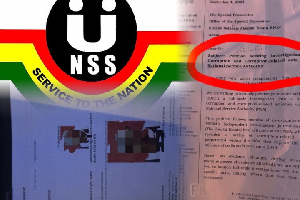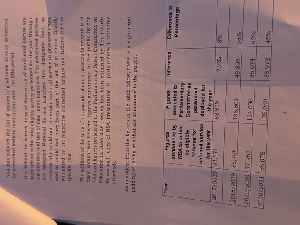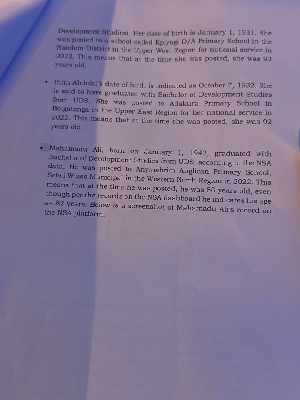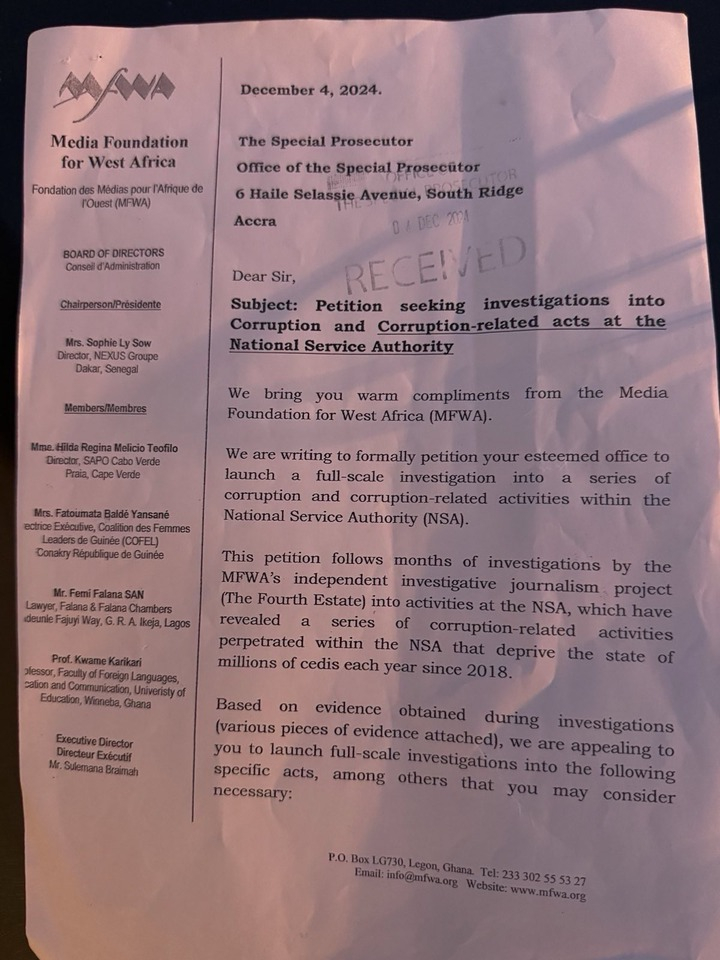
Ghana's National Service Scheme (NSS) is facing severe charges of widespread abuses, including the manufacture and use of bogus student index numbers. Recent studies reveal discrepancies and probable fraudulent activity within the system, raising serious worries about the NSS's integrity and operations. It is vital to remember that these are recent allegations, and a thorough investigation is required to determine the facts.

The charges revolve on the finding of thousands of forged student index numbers provided to non-existent students who were then purportedly enrolled in national service. These fake enrollments appear to come from a number of academic schools, including the University of Education, Winneba (UEW), the University of Cape Coast (UCC), and the University of Development Studies (UDS), among others. The stated number of "ghost personnel"—individuals identified as serving but who did not—is concerning, with considerable disparities between figures submitted to Parliament and those publicly announced by the NSS.
The evidence points to a sophisticated strategy to overstate the number of troops deployed annually by manufacturing and exploiting phony student IDs and index numbers. This alleged deceit could have been happening for years, with extensive corruption and complicity among many organizations. The disparity between publicly released data and those provided to Parliament is astounding, reportedly topping 40% in some cases.
The case of Mahamudu Ali, who was purportedly 80 years old at the time of his supposed national service in 2022, shows the scope of the alleged issue. His NSS record allegedly reveals his age, raising severe concerns about the scheme's verification procedures and management. Similar incidents involving people well past the average service age have also been documented.

The ramifications of these claims are far-reaching. They not only jeopardize the NSS's credibility, but also raise worries about the allocation of public monies and the possibility of wider systemic wrongdoing. The findings have been forwarded to the Special Prosecutor for inquiry, and the outcome will establish whether the charges are true.
This problem necessitates a comprehensive and transparent investigation to ascertain the scope of any misconduct, identify individuals responsible, and implement strong steps to prevent future incidents. The public deserves to hear the truth about how this alleged manipulation took place and what efforts would be made to restore trust in the national service system. Failure to address these serious claims will jeopardize the credibility of Ghana's public institutions and undermine public trust.
